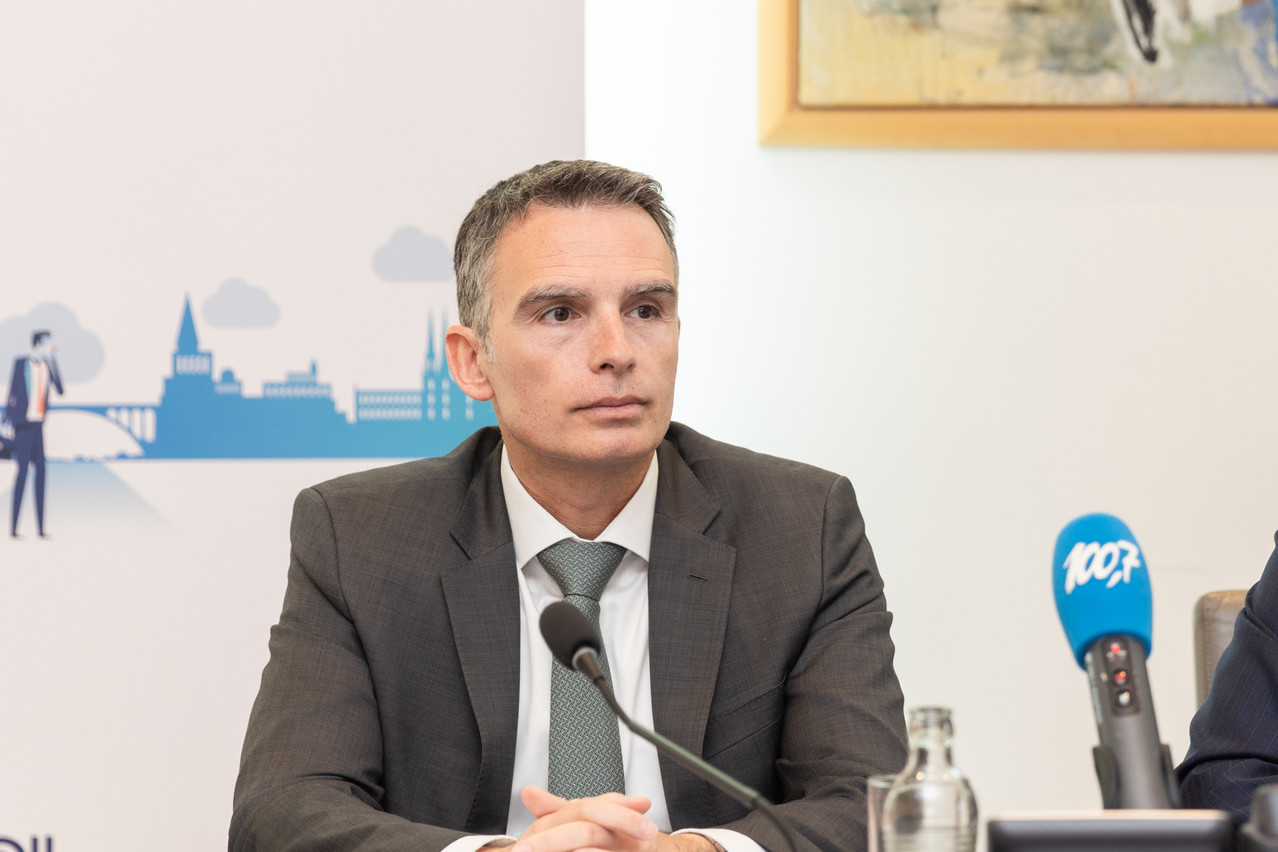Five banks--Spuerkeess, Banque Internationale à Luxembourg, Banque Raiffeisen, Société Nationale de Crédit et d'Investissement (SNCI) and Banque de Luxembourg--have together pledged a total of €250m for a from developers, called Prolog S.A. If the mechanism is used to the full, it will enable between 800 and 1,300 homes to be put on the market, the Luxembourg Bankers’ Association (ABBL) announced in a press release issued 8 July 2024.
“The promise to purchase that Prolog S.A. provides provides predictability: for buyers who have already invested in the project. For developers who wish to complete their construction. For the tradesmen who have been appointed. And finally, for potential buyers. Everyone will know that the project is going to be completed,” ABBL CEO commented in the press release.
“Since the beginning of this year, our members active in the residential housing finance market have seen a certain revival of interest in mortgage loans,” he added. “However, this interest is concentrated on existing homes and not on VEFA projects [sale in the future state of completion, or vente en l’état futur d'achèvement in French], and the recovery in the market is still too weak to meet the national housing challenge.”
The communiqué highlighted that access to housing is a key consideration behind this scheme, but also the country’s ability to attract the talent it needs for its economy, as well as the future of jobs in the construction industry, on which “thousands of households depend.”
Seven phases
The scheme includes seven phases, explained the ABBL.
Phase 1: The developer obtains the necessary permits and markets the units in its residential development.
Phase 2: Some of the units are sold on a VEFA basis, but because the number of units sold is insufficient, the developer is unable to obtain the necessary financing from its bank. Construction cannot begin.
Phase 3: The developer can submit their project to Prolog S.A. via one of the participating banks, so that Prolog S.A. can commit to buying (via an option) the unsold properties at a discount (to be defined on a case-by-case basis).
Phase 4: Prolog’s investment committee analyses the project. The conditions to be met include the following: the project presented must be viable and meet market needs (e.g., luxury flats excluded); and a pre-sales threshold of 50% of the programme has already been reached.
Phase 5: With Prolog’s commitment, the developer will be able to obtain the financing they needs from their bank to complete the project.
Phase 6: Construction can begin. At the same time, the developer continues to sell unsold units freely on the market.
Phase 7: If any units remain unsold at the time of completion, the developer asks Prolog to acquire them with a view to their subsequent resale by the special purpose vehicle.
